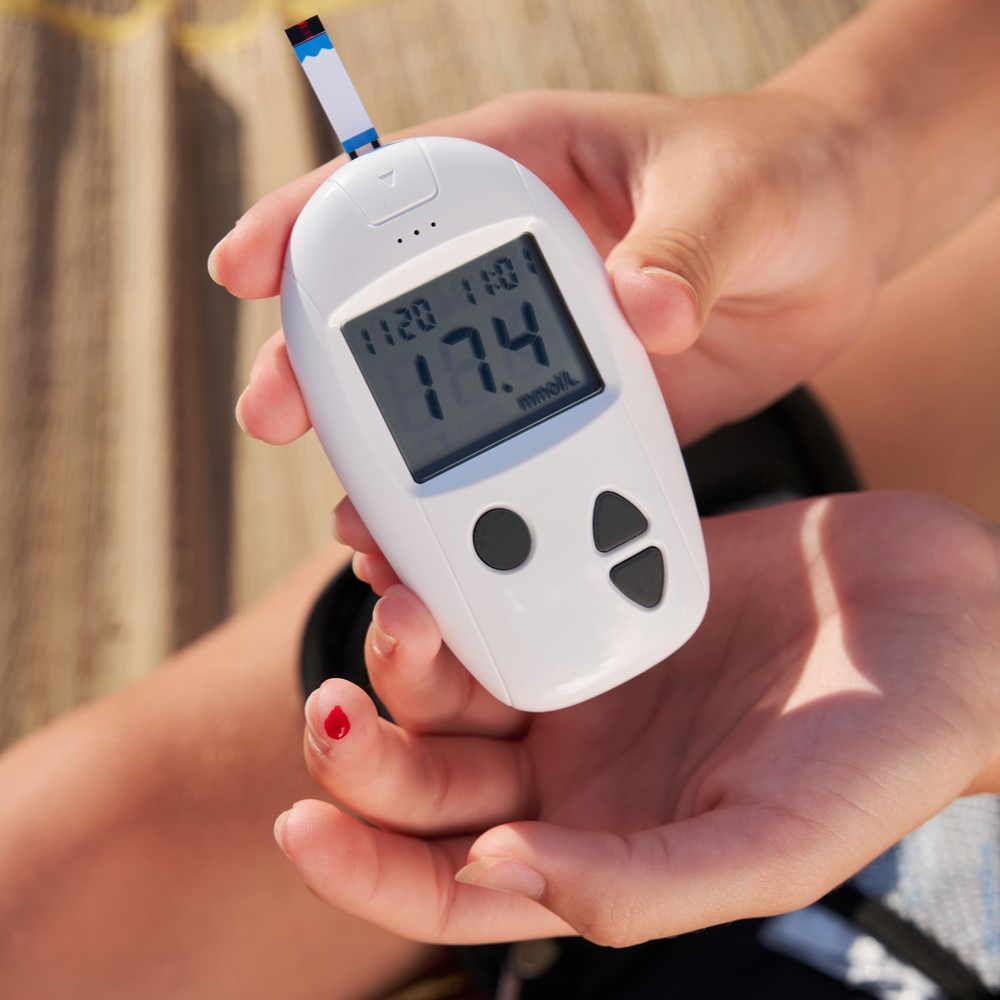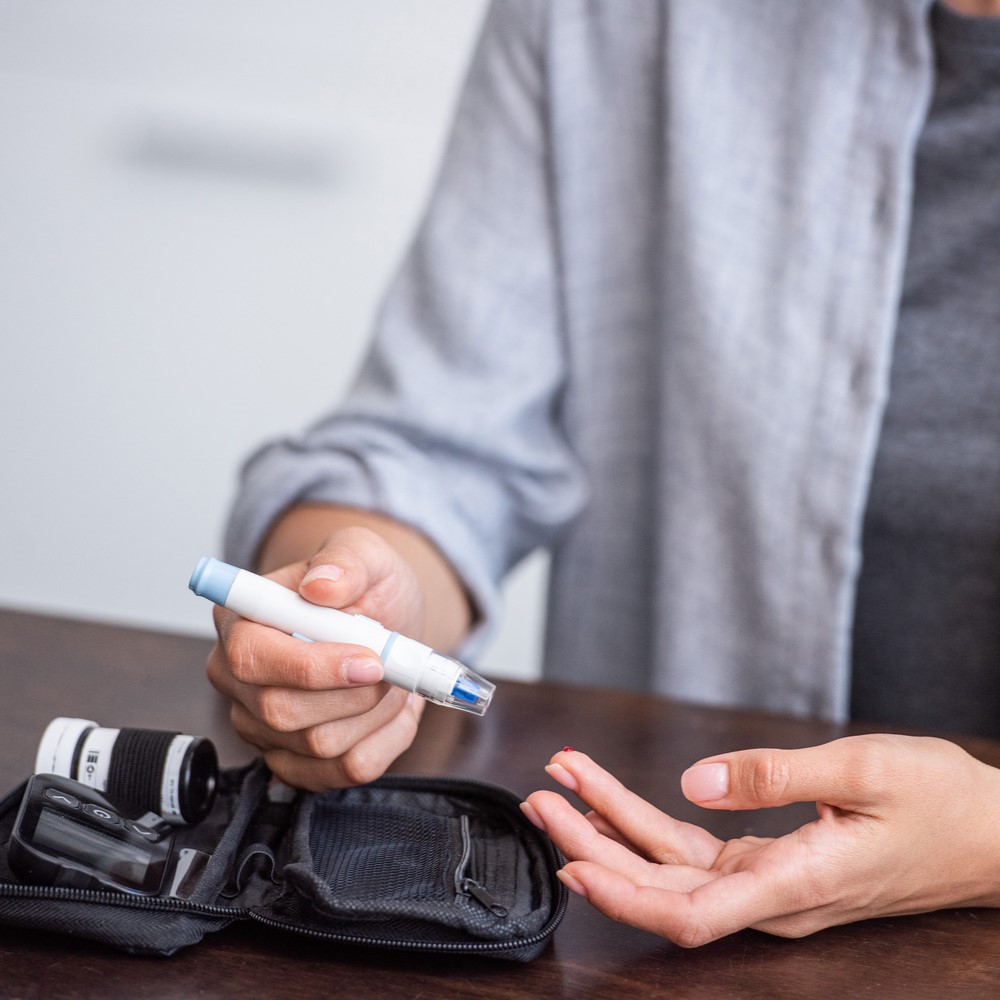Step by step, we navigate through life, relying on our feet to carry us forward. They are the unsung heroes of our mobility, silently supporting us every day. But for those living with diabetes, the story takes an unexpected twist. Diabetes-related foot problems can stealthily creep in, threatening to jeopardize the very foundation we stand […]
- Tags:
- Diabetes










